一、完形部分
原文来自时报周刊(Times)
The Truth About Plastic
原文地址:http://www.time.com/time/magazine/article/0,9171,1821664,00.html
If you know where to find a good plastic-free shampoo, can you tell Jeanne Haegele? Last September, the 28-year-old Chicago resident 62.resolved to cut plastics out of her life. The marketing coordinator was concerned about 63.what the chemicals leaching out of some common types of plastic might be doing to her body. She was also worried about the damage all the plastic64.rubbish was doing to the environment. So she 65.hopped on her bike and rode to the nearest grocery store to see what she could find that didn't 66.include plastic. "I went in and 67.barelybought anything," Haegele says. She did 68.purchase some canned food and a carton of milk—69.onlyto discover later that both containers were 70.lined with plastic resin. "Plastic," she says, "just seemed like it was in everything."
She's right. Back in the 1960s, plastic was well 71.on its way to becoming a staple of American life. The U.S. produced 28 million tons of plastic waste in 2005--27 million tons of which72.ended up in landfills. Our food and water come 73.wrapped in plastic. It's used in our phones and our computers, the cars we drive and the planes we ride in. But the 74.infinitely adaptable substance has its dark side. Environmentalists fret about the petroleum needed to make it. Parents worry about the possibility of 75.toxic chemicals making their way from 76.household plastic into children's bloodstreams. Which means Haegele isn't the only person trying to cut plastic out of her life--she isn't 77.even the only one blogging about this kind of 78.endeavor. But those who've tried know it's 79.far from easy to go plastic-free. "These things seems to be so common 80.thatit is prACTically impossible to avoid coming into 81.contACT with them," says Frederick vom Saal, a biologist at the University of Missouri.
二、作文范文
The Way to Success(By 季云竹)
Abraham Lincoln, a successful leader sparkling in American history, once put, “Give me six hours to chop down a tree, and I will spend the first four sharpening the axe.” Simple as his remark is, it subtly encapsulates a profound and enlightening notion that the path to success only lies under the feet of people who are well-prepared.
Currently in this proGREssively competitive society, it is anything but uncommon for us to see people desperately in want of success. Taking a look around, not only can we easily find students staying up late with their homework, we can also notice that a multitude of clerks step into the mansion in the early morning, then go back home after overtime. However, success, as a matter of fACT, only belongs to a few of them. For instance, there is no shortage of this kind of people—who participate in numerous interviews and get nothing but a rejection slip, then they start whining time after time, “why isn’t that me?”
Just as an ancient Chinese proverb goes, “Sharp tools make good work.” Accumulation of ability and knowledge is the prerequisite of success, and once we are strong and powerful enough, the whole universe will come to assist us in chasing our dreams.
The way to success(By 胡平)
Success, the one everyone desires, plays an essential role in our daily life, because it directly determines our daily behaviors. In other words, if there is no desire for success, there will be no individuals’ development and even no advance of our society. It is the aspiration of success that promotes our growth of our individuals and society. But throughout the whole human history, how to succeed is always the most concerned topic.
Among all the fACTors of success, well preparation of knowledge, the basic requisition of success, should be placed on the first one. Without extensive and intensive knowledge, even if there are exterior opportunities to success, such as the parents’ assistance or friends’ recommendation, you will still never succeed, because you cannot qualify the job you have already had. The more preparation you do in advance, the more likely you will get success. As Lincoln has said, if I had six hours to chop down a tree, I would spend the first four hours sharpening the axe.
Besides the well preparation of knowledge, the preparation of confidence and interpersonal skills is also indispensable on the way to success.
三、快速阅读—By 唐思宇
来自英国卫报 The Guardian
原文链接: http://www.guardian.co.uk/technology/2009/aug/30/google-library-project-books-settlement
Google's plan for world's biggest online library: philanthropy or ACT of piracy?
[1] Google has already scanned 10 million books in its bid to digitise the contents of the world's major libraries, but a copyright battle now threatens the project, with Amazon and Microsoft joining authors and publishers opposed to the scheme.
[2] In recent years the world's most venerable libraries have played host to some incongruous visitors. In dusty nooks and far-flung stacks, teams of workers dispatched by Google have been beavering away to make digital copies of books. So far, Google has scanned more than 10 million titles from libraries in America and Europe – including half a million volumes held by the Bodleian in Oxford. The exACT method it uses is unclear; the company does not allow outsiders to observe the process.
[3]Why is Google undertaking such a venture, so seemingly out-of-kilter with its snazzy, hi-tech image? Why is it even interested in all those out-of-print library books, most of which have been gathering dust on forgotten shelves for decades? 1.The company claims its motives are essentially public-spirited. Its overall mission, after all, is to "organise the world's information", so it would be odd if that information did not include books. Like the Ancient Egyptians who attempted to build a library at Alexandria containing all the known world's scrolls, Google executives talk of constructing a universal online archive, a treasure trove of knowledge that will be freely available – or at least freely searchable – for all.
[4] The company likes to present itself as having lofty, utopian aspirations. "This really isn't about making money" is a mantra. "We are doing this for the good of society." As Santiago de la Mora, head of Google Books for Europe, puts it: "2.By making it possible to search the millions of books that exist today, we hope to expand the frontiers of human knowledge."
[5]Dan Clancy, the chief architect of Google Books, offers an analogy with the invention of the Gutenberg press – Google's book project, he says, will have a similar democratising effect. He talks of people in far-flung parts being able to access knowledge as never before, of search queries leading them to the one, long out-of-print book they need.
[6]And he does seem genuine in his conviction that this is primarily a philanthropic exercise. "Google's core business is search and find, so obviously what helps improve Google's search engine is good for Google," he says. "But we have never built a spreadsheet outlining the financial benefits of this, and I have never had to justify the amount I am spending to the company's founders."
[7] It is easy, talking to Clancy and his colleagues, to be swept along by their missionary zeal. But Google's book-scanning project is proving controversial. Several opponents have recently emerged, ranging from rival tech giants such as Microsoft and Amazon to small bodies representing authors and publishers across the world. In broad terms, these opponents have levelled two sets of criticisms at Google.
[8] First, they have questioned whether the primary responsibility for digitally archiving the world's books should be allowed to fall to a commercial company. 3.In a recent essay in the New York Review of Books, Robert Darnton, the head of Harvard University's library, argued that because such books are a common resource – the possession of us all – only public, not-for-profit bodies should be given the power to control them.
[9]The second, related criticism is that Google's scanning of books is ACTually illegal. This allegation has led to Google becoming mired in a legal battle whose scope and complexity makes the Jarndyce and Jarndyce case in Bleak House look straightforward.
[10] 4.At its centre, however, is one simple issue: that of copyright. The inconvenient fACT about most books, to which Google has arguably paid insufficient attention, is that they are protected by copyright. Copyright laws differ from country to country, but in general protection extends for the duration of an author's life and for a substantial period afterwards, thus allowing the author's heirs to benefit. (In Britain and America, this post-death period is 70 years.) This means, of course, that almost all of the books published in the 20th century are still under copyright – and last century saw more books published than in all previous centuries combined. Of the roughly 40 million books in US libraries, for example, an estimated 32 million are in copyright. Of these, some 27 million are out of print.
[11] Outside the US, Google has made sure only to scan books that are out of copyright and thus in the "public domain" (works such as the Bodleian's first edition of Middlemarch, which anyone can read for free on Google Books Search).
[12] But, within the US, the company has scanned both in-copyright and out-of-copyright works.5.In its defence, Google points out that it displays only snippets of books that are in copyright – arguing that such displays are "fair use". But critics allege that by making electronic copies of these books without first seeking the permission of copyright holders, Google has committed piracy.
[13] "The key principle of copyright law has always been that works can be copied only once authors have expressly given their permission," says Piers Blofeld, of the Sheil Land literary agency in London. "Google has reversed this – it has simply copied all these works without bothering to ask."
[14] 6.In 2005, the Authors Guild of America, together with a group of US publishers and publishers, launched a class ACTion suit against Google that, after more than two years of wrangling, ended with an announcement last October that Google and the claimants had reached an out-of-court settlement. The full details are staggeringly complicated – the text alone runs to 385 pages – and trying to summarise it is no easy task. "Part of the problem is that it is basically incomprehensible," says Blofeld, one of the settlement's most vocal British critics.
[15] Broadly, the deal provides a mechanism for Google to reimburse authors and publishers whose rights it has breached (including giving them a share of any future revenue it generates from their works). In exchange for this, the rights holders aGREe not to sue Google in future.
[16] The settlement stipulates that a body known as the Books Rights Registry will represent the interests of US copyright holders. Authors and publishers with a copyright interest in a book scanned by Google who make themselves known to the registry will be entitled to receive a payment – in the region of $60 per book – as compenSATion.
[17] Additionally, the settlement hands Google the power – but only with the aGREement of individual rights holders – to exploit its database of out-of-print books. It can include them in subscription deals sold to libraries or sell them individually under a consumer licence. 7.It is these commercial provisions that are proving the settlement's most controversial aspect.
[18] Critics point out that, by giving Google the right to commercially exploit its database, the settlement paves the way for a subtle shift in the company's role from provider of information to seller. "8.Google's business model has always been to provide information for free, and sell advertising on the basis of the traffic this generates," points out James Grimmelmann, associate professor at New York Law School. Now, he says, because of the settlement's provisions, Google could become a significant force in bookselling.
[19] 9.Interest in this aspect of the settlement has focused on "orphan" works, where there is no known copyright holder – these make up an estimated 5% to 10% of the books Google has scanned. Under the settlement, when no rights holders come forward and register their interest in a work, commercial control automatically reverts to Google. Google will be able to display up to 20% of orphan works for free, include them in its subscription deals to libraries and sell them to individual buyers under the consumer licence.
[20] "The deal has in effect handed Google a swath of intellectual copyright. It is a mammoth potential bookselling market," says Blofeld. He adds it is no surprise that Amazon, which currently controls 90% of the digital books market, is becoming worried.
[21] But Dan Clancy of Google dismisses the idea that, by gaining control over out-of-print and orphan works, Google is securing for itself a significant future revenue stream. He points out that out-of-print books represent only a tiny frACTion of the books market – between 1% and 2%. "This idea that we are gaining access to a vast market here – I really don't think that is true.
[22] James Gleick, an American science writer and member of the Authors Guild, broadly aGREes. He says that, although Google's initial scanning of in-copyright books made him uncomfortable, the settlement itself is a fair deal for authors.
[23] "The thing that needs to be emphasised is that this so-called market over which Google is being given dominance – the market in out-of-print books – doesn't currently exist. That's why they're out of print. In real life, I can't see what the damage is – it's only good."
[24] It is by no means certain that the settlement will be enACTed – it is the subject of a fairness hearing in the US courts. But if it is enACTed, Google will in effect be off the hook as far as copyright violations in the US are concerned. Many people are seriously concerned by this – and the company is likely to face challenges in other courts around the world.
[25] Over the coming months, we will hear a lot more about the Google settlement and its ramifications. Although it's a subject that may seem obscure and specialised, it concerns one of the biggest issues affecting publishing and, indeed, other creative industries – the control of digital rights.
[26] No one knows the precise use Google will make of the intellectual property it has gained by scanning the world's library books, and the truth, as Gleick points out, is that the company probably doesn't even know itself. 10.But what is certain is that, in some way or another, Google's entrance into digital bookselling will have a significant impACT on the book world in years to come.
题目:
1. Google claims its plan for the world’s biggest online library is _____
A. to save out-of-print books in libraries.
B. to serve the interest of the general public
C. to encourage reading around the world
D. to promote its core business of searching
【解析】该题问的是Google所声称的自己图书馆计划的目的。根据顺序原则该题靠前,同时注意到第三段开头连续并列why,提示第三段很有可能提到原因或目的。用claim定位至第三段第三句,该句motive引出后面Google声称的原因是“本质上被公众精神驱动”,三段末更提到是为了所有人的知识需求。核心名词public及句意都对应B选项。
2. According to Santiago de la Mora, Google’s book-scanning project will
A. help the broad masses of readers
B. broaden humanity’s intellectual horizons
C. make full use of the power of its search engine
D. revolutionise the entire book industry
【解析】该题问的是Santiago de la Mora对Google图书扫面项目的看法。用人名可定位至四段中,之后该人提到Google该项目能expand the frontiers of human knowledge,即拓广人类知识的范围。对应B选项。核心名词knowledge被改为同义词intellectual,frontier被同义替换为horizon,动词expand被同义替换为broaden。
3. Opponents of Google Books believe that digitally archiving the world's books should be controlled by_______.
A. the world’s tech giants
B. the world’s leading libraries
C. non-profit organizations
D. multinational companies
【解析】该题问的是反对Google的人对数字知识控制者的看法。用opponents可定位至第7段前后,control可进一步定位至第八段最后Robert Darnton的观点。该人认为只有public, not-for-profit bodies 可以有控制数字知识的权利,对应C选项。Bodies被同义替换为organization。
4. Google has involved itself in a legal battle as it ignored______.
A. the copyright of authors of out-of -print books
B. the interest of traditional sellers
C. the copyright of the books it scanned
D. the differences of in-print and out-of-print books.
【解析】该题问的是Google卷入官司的原因。由legal battle可定位至第9段前后,用之后第10段短首出现的however可进一步将重点信息圈定到第10首。该段首句即提到问题的中心是copyright,对应C选项。
5. Google defends its scanning in-copyright books by saying that __________.
A. making electronic copies of books is not a violation of copyright
B. the online display of in-copyright books is not for commercial use
C. it is willing to compenSATe the copyright holders
D. it displays only a small part of their content
【解析】该题问的是Google自己对自己涉及侵权行为的辩护。用defend可定位至第12段第二句的defence。该句中Google指出自己仅显示了受版权保护图书的小片段(snippets)。该词若不认识,也可结合前面的only猜出其否定名词的性质。对应D选项。Snippets被同义改写为a small part。
6. What do we learn about the class ACTion suit against Google?
A. It ended in a victory for the Authors Guild of America.
B . It was settled after more than two years of negotiations.
C . It failed to protect the interest of American publishers.
D. It could lead to more out-of-court settlements of such disputes.
【解析】该题问的是关于针对Google的class ACTion的相关信息。用class ACTion可定位至第14段首句。该句提到这个事件经过两年多的争论(wrangling),最终以一个宣言(announcement)实现庭外和解(out-of-court settlement)。对应B选项,wrangling被同义替换为negotiation。若不认识wrangling,一方面可由该句退出其大致表示“纠结”的意思,另一方面可由settle, more than two years等关键表达确定B选项与原文信息的对应关系。
7. What remained controversial after the class ACTion suit ended?
A. The compenSATion for copyright holders.
B. The change in Google's business model.
C. Google's further exploitation of its database.
D. The commercial provisions of the settlement.
【解析】该题问的是class ACTion之后的争议点。用controversial可定位至第17段末句的,该句用强调句形式强调是该事件的商业规定(commercial provisions)成为最为争议的一个方面,原文信息完整原样对应D选项。
8. While_______, Google makes money by selling advertising.
【解析】该题问的是Google在卖广告挣钱同时做的另一件事。用sell advertising可定位至18段中部,该句提到Google的商业模式一直是免费提供信息(provide information for free), 同时在这产生的访问流量(traffic)的基础之上卖广告挣钱。可知除了卖广告之外,Google更基本的服务时免费提供信息。由于空前是while,空中应填充动名词形式providing information for free。
9. Books whose copyright holders are not known are called_______.
【解析】该题问的是版权拥有者不明的书籍的别称。由copyright holder not known可定位至第19段首句,该句用破折号将"orphan" works解释为没有已知版权拥有者的书籍作品(there is no known copyright holder)。可知答案即填入orphan works。
10. Google’s entrance into digital bookselling will tremendously _______ in the future.
【解析】该句问到的是Google进入数字图书界后未来的相关情况。由该句说法以及digital bookselling可定位至全文末句。该句用转折强Google进入数字图书界会对未来的图书世界有很大影响(will have a significant impACT on the book world in years to come)。由于题干缺少动词成分,因此要由原文同义改写为动词表达,填入influence the book world。只需将名词impACT改为同义动词influence,名词表达book world原样保留。原文中significant等于题干中的tremendous,in years to come等于题干中的in the future,都不用再抄入。
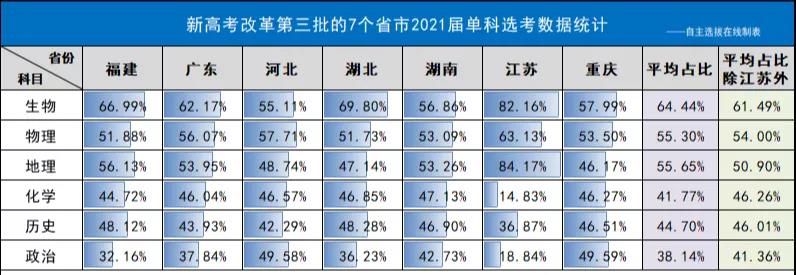
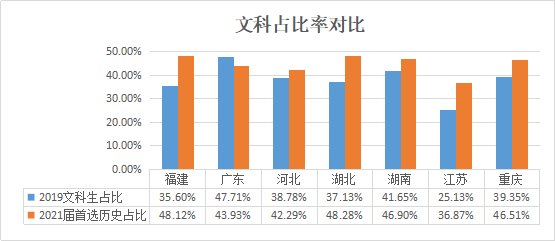
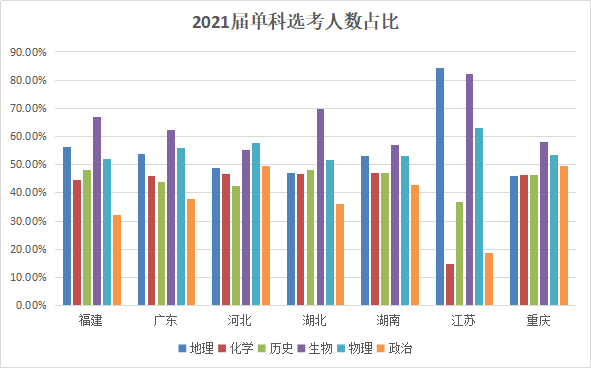









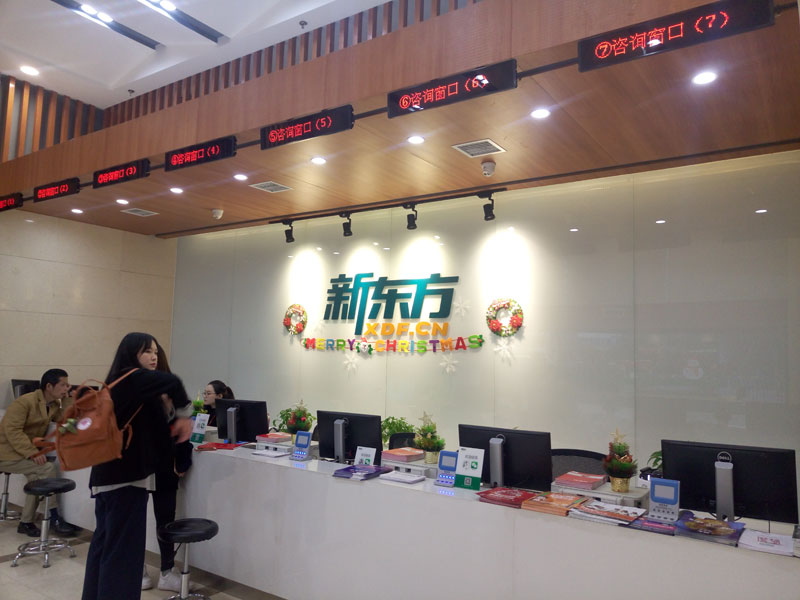
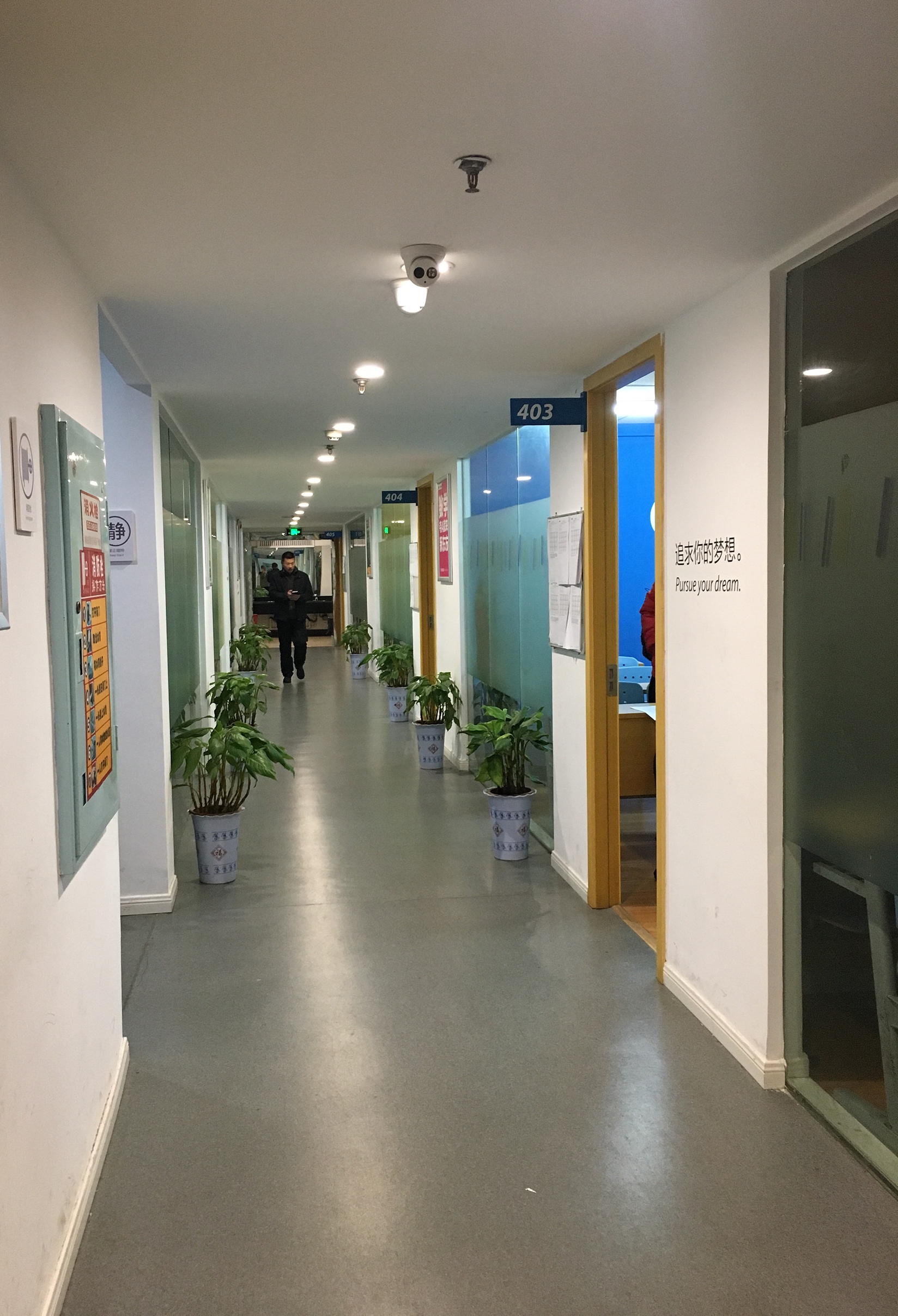

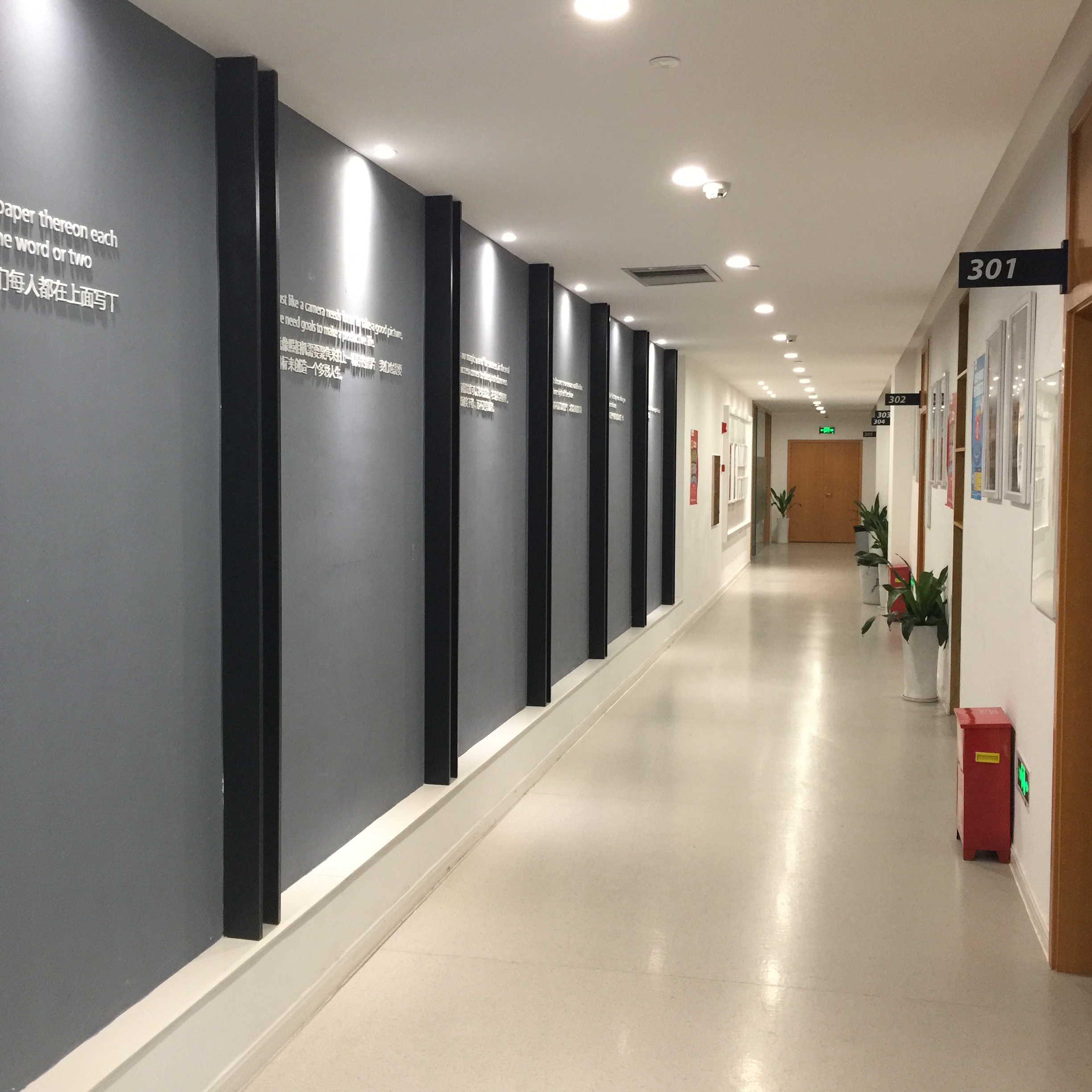





 京公网安备11010802021790号
京公网安备11010802021790号


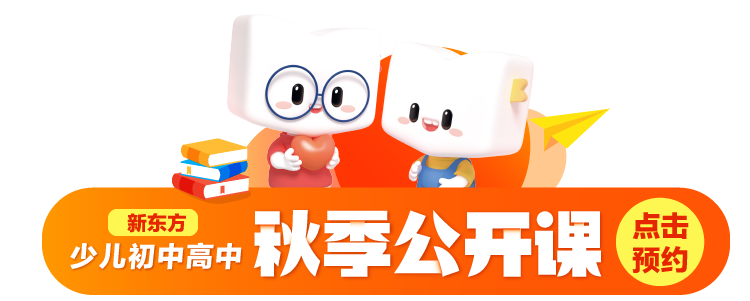
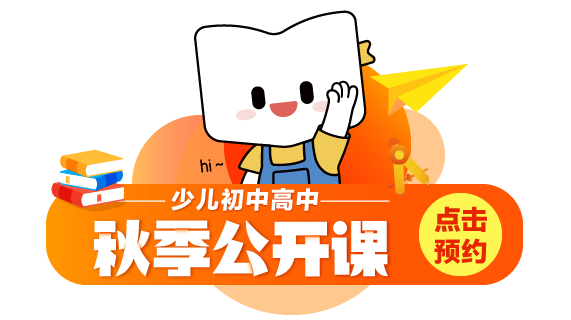





 学习资料
学习资料
